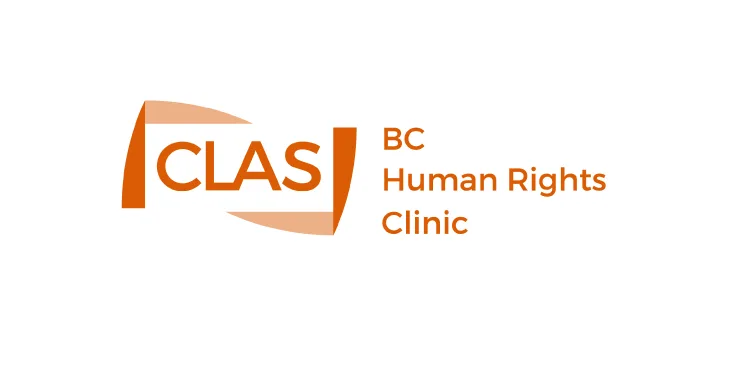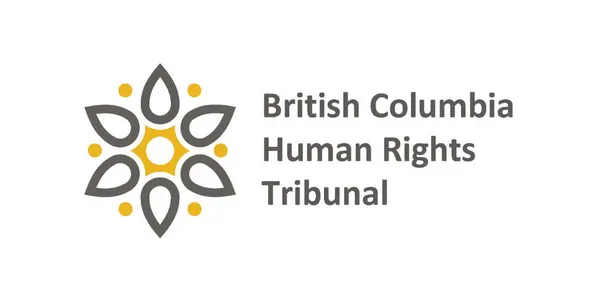
My ex is spreading hurtful rumours about me on social media. Could this be defamation?
A good reputation is the core of a person’s self-worth and dignity. Once lost, it’s hard to get back. (It’s often remarked that “the truth rarely catches up with a lie.”) And the consequences can be devastating, especially professionally. The law of defamation protects your reputation from harm that is unjustified.
What you should know
Defamation is communication about a person that tends to damage their reputation. It causes the people who see or hear the defamatory words or images to think less of the person.
Communications can be defamatory by using words that in their everyday sense are defamatory. For example, if someone calls you a thief, that’s very likely defamation (unless they can prove it’s true).
Or, communications can be defamatory by innuendo or the general impression the words create. For example, if someone posts statements on the internet implying (but not saying directly) that you cheat in your business dealings, this can be defamation.
The law tries to balance protection from defamation against competing rights such as freedom of expression. Sometimes, even though someone makes a defamatory statement, the law considers freedom of expression more important. We look at this interplay in our coverage of freedom of expression.
Defamation can also be a crime under the Criminal Code, but this is rare. The information below is about civil, not criminal defamation.
Under BC law, defamation is split into two categories: libel and slander.
Defamation that’s in writing or otherwise permanently captured is called libel. Libel is defamation that leaves a footprint. This includes:
statements published on social media or other online platforms, such as Facebook, Twitter, or YouTube
statements in a newspaper, letter, or email
statements on a TV or radio broadcast
pictures
Defamation that leaves no permanent record is called slander. Normally this means it’s been said aloud. It can also be a hand signal or other nonverbal gesture.
Slander cases are harder to prove and are less common.
The law treats libel and slander differently
With a libel claim, the law assumes that the defamatory statement is false and that you’ve suffered damage to your reputation. If your claim is successful, you’re entitled to financial compensation (called damages). Damages are meant to console you for the distress caused by the defamation and help repair your reputation — as far as money can.
With slander, you must show that you suffered a financial loss for your claim to be successful. The court will not assume you have suffered damage. That is, unless the communication:
accuses you of a crime and is reported to someone other than the police
accuses you of having a contagious disease
makes negative comments about you in your work, profession, trade, or business
accuses you of adultery
To establish a defamation claim, you must show that:
the communication was defamatory (that it would tend to lower your reputation in the eyes of a reasonable person),
it referred to you, and
it was communicated to at least one other person.
The law doesn’t protect you from a personal insult or remark that only injures your pride. For example, say someone ridicules the way you dress in front of a group of your friends. Your feelings may be hurt, but it would be hard to prove their remark lowered your reputation in any appreciable way.
Whereas if someone spreads rumours that you abuse your partner, you’d have a much stronger claim that this harms your reputation.
You don’t need to prove that the other person intended to do harm, or even that they were careless. If you prove the required elements, the onus shifts to them to defend themselves.
A statement may infringe your human rights
If someone publishes a statement that discriminates against you or exposes you to hatred, they may have violated your human rights. See our coverage of discrimination for guidance.
The aim of BC’s defamation law is to protect a person’s reputation. But this protection isn’t absolute. Sometimes, other rights come into play which override concerns about a person’s reputation. The law creates certain defences to a defamation claim to address this.
There are six defences available to someone accused of defamation:
Truth, if the defamatory statement is true. This defence is also called justification.
Absolute privilege, if the statement is made in certain proceedings, such as a lawsuit or hearing.
Qualified privilege, if the statement is made in performing a public or private duty.
Fair comment, if the statement is an opinion, based on stated and true facts, on a matter of public interest.
Responsible communication on matters of public interest, if the statement relates to urgent news published by a journalist.
Innocent dissemination, if the person distributed the defamatory statement unknowingly, and wasn't negligent in not knowing. And they must have immediately removed the statement on learning of the defamation.
For a closer look at each of these defences, see our guidance on if you’ve been accused of defamation.
If you can prove that someone defamed you, and they don’t raise a successful defence to the claim, a court may award damages for loss of reputation. These are often called general damages.
Awards for general damages vary widely, and depend on factors such as:
your position and standing in the community
the nature and seriousness of the defamation
the mode and extent of publication
the absence or refusal of any retraction or apology
the defendant’s conduct from the time of the defamatory statements
At the modest end of the spectrum are cases where the reputational harm is minor, and the audience is small. Here’s an example where the court awarded $5,000 in general damages.
At the opposite end of the spectrum are cases involving malicious statements that are published widely, causing serious reputational harm. Here’s an example where the plaintiff was awarded $175,000 in general damages.
You may also be entitled to special damages to compensate you for a specific monetary loss (for example, lost earnings). You’d need to show that the loss was caused by the defamation, and not other factors. Here’s an example of a plaintiff being awarded $500 in special damages for a specific economic loss.
If the defamatory statements are made with malicious intent, you may also be entitled to aggravated or punitive damages. For example, here’s a case where the defendant recklessly published statements that were untrue. The judge awarded $7,500 in aggravated damages. In another case, the defendant threatened to publish statements alleging the plaintiff was a sex offender, which he knew to be false. The judge awarded $10,000 in punitive damages.
Work out the problem
When someone makes a defamatory comment about you, your first reaction may be anger or frustration. This is normal. But it’s important to keep your cool. If you retaliate without thinking things through, especially on social media, you risk making the problem worse. Walk away from the situation for an hour or two, and take time to compose yourself.
As soon as you can, record the defamatory statements. If they were posted on social media or an online platform, take a screenshot. If they were in an email, archive it or print out a copy. If it was an oral comment, write down what was said and who heard it. Try to capture evidence that proves the identity of the person who made the statements and anyone who heard them. If you’re unsure if something is relevant, it doesn’t hurt to include it.
Act quickly. If you wait, the person may take down the post or delete the comment. Having proof of the defamatory statements will come in handy if you decide to take further steps.
Ask an independent third party to preserve evidence
If the defamatory statements were posted online, ask a friend or relative to take a screenshot. Having a neutral third party introduce evidence in a court or hearing can strengthen your position.
Try to determine the scope of the defamation. How wide was the audience? Was the communication limited to a few people, like in a private email? Or did it reach a large group, like a tweet or Facebook post?
Do your best to contact any third parties who may have been in the loop. For example, if a group of your co-workers were cc’d on a defamatory email, reach out to them individually to explain yourself. If the communication reached hundreds, or even thousands, of people, focus on those you’re most concerned about. This may include family members, close friends, or your employer.
Be careful not to unintentionally spread or repeat the offending statements.
Do a Google search
If the defamatory communication was published online, try a quick Google search of your name or the exact words that were used. This can give you a sense of how widespread the defamation is.
At this point, it’s a good idea to speak to a legal professional. They’ll be able to advise you on next steps, and whether you have a case for a defamation claim. Depending on the circumstances, they may suggest:
Ignoring the comments. Sometimes it’s best to let the fire die out on its own. Consider taking a break from social media or certain friend groups.
Refuting the comments. It may be appropriate to publish a rebuttal explaining your side of the story. This should be done very carefully, to avoid fanning the flames.
Sending a cease and desist letter. This is a notice requesting that the statements be retracted or taken down, with the threat of legal action if they aren’t.
Starting a lawsuit. This should generally be your last resort.
There are options for free or low-cost legal help.
If nothing so far has worked to resolve things, you may decide to bring a legal action. See above for what you should know about establishing a defamation claim, and how damages are assessed.
In BC, a defamation lawsuit must be started in BC Supreme Court. The claim must be started within two years of the defamatory statements. This window of time is called the limitation period. The clock begins when the statements are made or published.
To start the lawsuit, you must file documents in court and deliver (or “serve”) them to the other party. See the Supreme Court’s online help guide for the steps involved.
Who can help

BC Human Rights Clinic
Can help if someone publishes a statement that discriminates against you or is likely to expose you to hatred.

BC Human Rights Tribunal
Deals with claims that someone violated your human rights.


